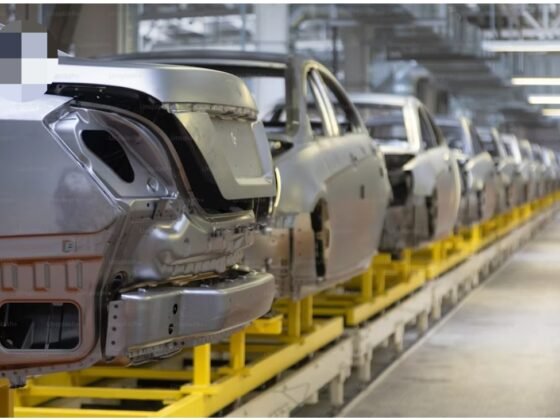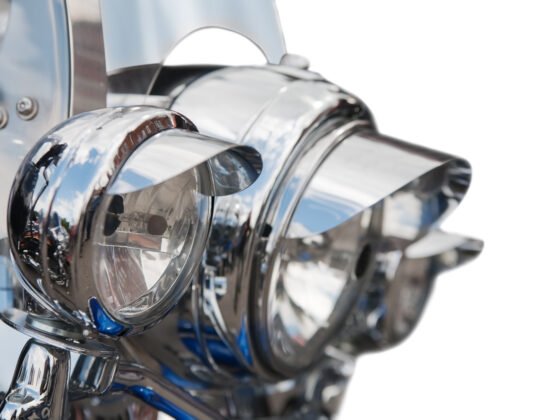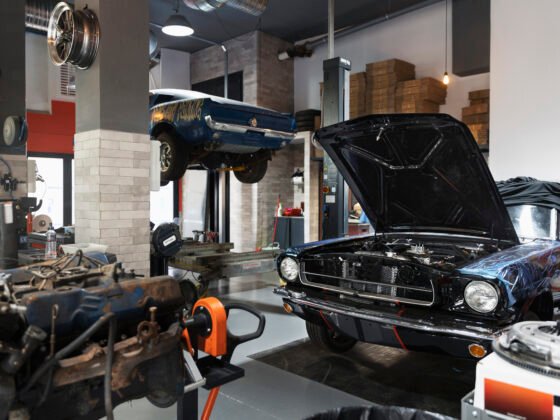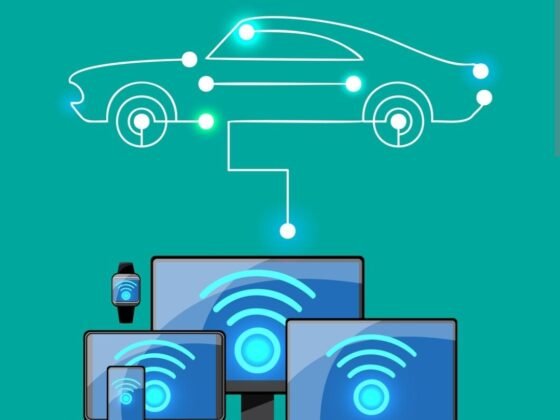The automotive industry and related legal matters play a significant role in the state of Louisiana, impacting individuals, businesses, and the community at large. Automotive cases in Louisiana span a wide array of issues, including personal injury claims, vehicle recalls, fund’s disputes, and traffic violations. As 2023 unfolded, Louisiana witnessed several developments in automotive-related legal matters, reflecting broader national trends and unique state challenges.
The Legal Landscape of Automotive Cases in Louisiana
Louisiana’s legal framework regarding automotive cases is shaped by the state’s civil code, which is distinct from other states as it is based on French and Spanish law rather than English common law. This unique foundation influences how courts approach automotive disputes, including liability, damages, and funds requirements.
Major Automotive Case Categories in Louisiana
1. Personal Injury Claims
Personal injury lawsuits involving motor vehicle accidents remain a significant portion of automotive cases in Louisiana. In 2023, the state saw a rise in these claims due to the following factors:
- Distracted Driving: The proliferation of smartphones has contributed to an increase in distracted driving incidents. Texting while driving continues to be a leading cause of accidents, leading to severe injuries and fatalities.
- Commercial Vehicle Accidents: Louisiana’s position as a hub for interstate commerce means heavy truck traffic, especially along major highways like I-10 and I-12. Accidents involving commercial vehicles often result in complex litigation involving multiple parties and significant damages.
The state follows a pure comparative negligence system, meaning even if a plaintiff is partially at fault, they can still recover damages, albeit reduced by their percentage of fault.
2. Funds Disputes
Louisiana’s high car fund’s rates are among the highest in the nation. In 2023, fund’s-related litigation surged as policyholders challenged claim denials or sought fair settlements. Common disputes include:
- Denied claims for vehicle repairs after accidents.
- Disagreements over coverage for uninsured/underinsured motorists.
- Delayed payouts for total loss claims.
To address these issues, Louisiana courts emphasize the duty of good faith and fair dealing that insurers owe to policyholders.
3. Vehicle Recalls and Defective Products
Product liability cases involving defective vehicles and parts were a prominent concern in 2023. Major automakers issued recalls for various defects, including faulty airbags, brake systems, and electrical components. Louisiana consumers filed numerous lawsuits under strict liability laws, holding manufacturers accountable for damages caused by defective products.
Significant recalls that affected Louisiana drivers in 2023 included:
- Airbag Failures: Ongoing issues with defective airbags from manufacturers like Takata led to new cases.
- EV Battery Issues: With the growing adoption of electric vehicles (EVs), defects in battery systems and charging units became a focus area for litigation.
4. Traffic Violations and Criminal Cases
Traffic violations are another major category of automotive cases. Louisiana’s law enforcement agencies continued to crack down on:
- DWI/DUI offenses: Louisiana has strict penalties for driving under the influence of alcohol or drugs, including hefty fines, license suspensions, and possible jail time.
- Reckless Driving and Speeding: Urban areas like New Orleans and Baton Rouge reported an increase in reckless driving cases, partly due to reduced law enforcement visibility during certain periods.
- Street Racing: Illegal street racing remained a growing concern in 2023, prompting both civil and criminal actions.
Key Trends in Automotive Cases in 2023
1. Technological Advancements and Legal Challenges
The rise of advanced driver-assistance systems (ADAS) and autonomous driving technologies introduced complex questions in Louisiana courts. Who bears responsibility when an accident involves a vehicle with semi-autonomous features? These cases often require expert testimony and an in-depth understanding of emerging technologies.
2. Environmental and Infrastructure Impact
Severe weather events, including hurricanes and flooding, are common in Louisiana. These conditions significantly impact vehicles, leading to increased claims for flood damage. In 2023, disputes over insurance coverage for such damages escalated, as many policies excluded certain natural disaster-related claims.
Additionally, Louisiana’s aging infrastructure contributed to vehicle damage claims, with drivers suing municipalities over poorly maintained roads and bridges.
3. Rise in Class-Action Lawsuits
In 2023, Louisiana saw an increase in class-action lawsuits against automakers. These lawsuits often involved widespread defects, such as faulty transmissions or emissions systems. Class actions are particularly significant as they allow consumers to pool resources and take on large corporations.
Key Case Studies from 2023
1. Landmark DWI Case
A high-profile case in Baton Rouge involved a repeat DWI offender who caused a multi-vehicle accident, resulting in severe injuries and fatalities. The case highlighted Louisiana’s need for stricter enforcement and rehabilitation programs to address repeat offenses.
2. Flood-Damaged Vehicles
After Hurricane Ida, many consumers purchased used cars that were later discovered to have hidden flood damage. Lawsuits against dealerships for failing to disclose this damage became a prominent issue in 2023, emphasizing the importance of vehicle history transparency.
3. Electric Vehicle Fire Incidents
As electric vehicle adoption grows, incidents of EV fires in Louisiana led to legal disputes over battery safety and manufacturer responsibility. One notable case involved a Tesla Model S that caught fire while parked, sparking a lawsuit against the automaker.
What Lies Ahead?
Looking beyond 2023, automotive cases in Louisiana are likely to evolve due to:
- Increased EV Adoption: As more residents transition to electric vehicles, legal frameworks must adapt to address new safety and warranty issues.
- fund’s Reform: High fund’s rates remain a pressing concern.










